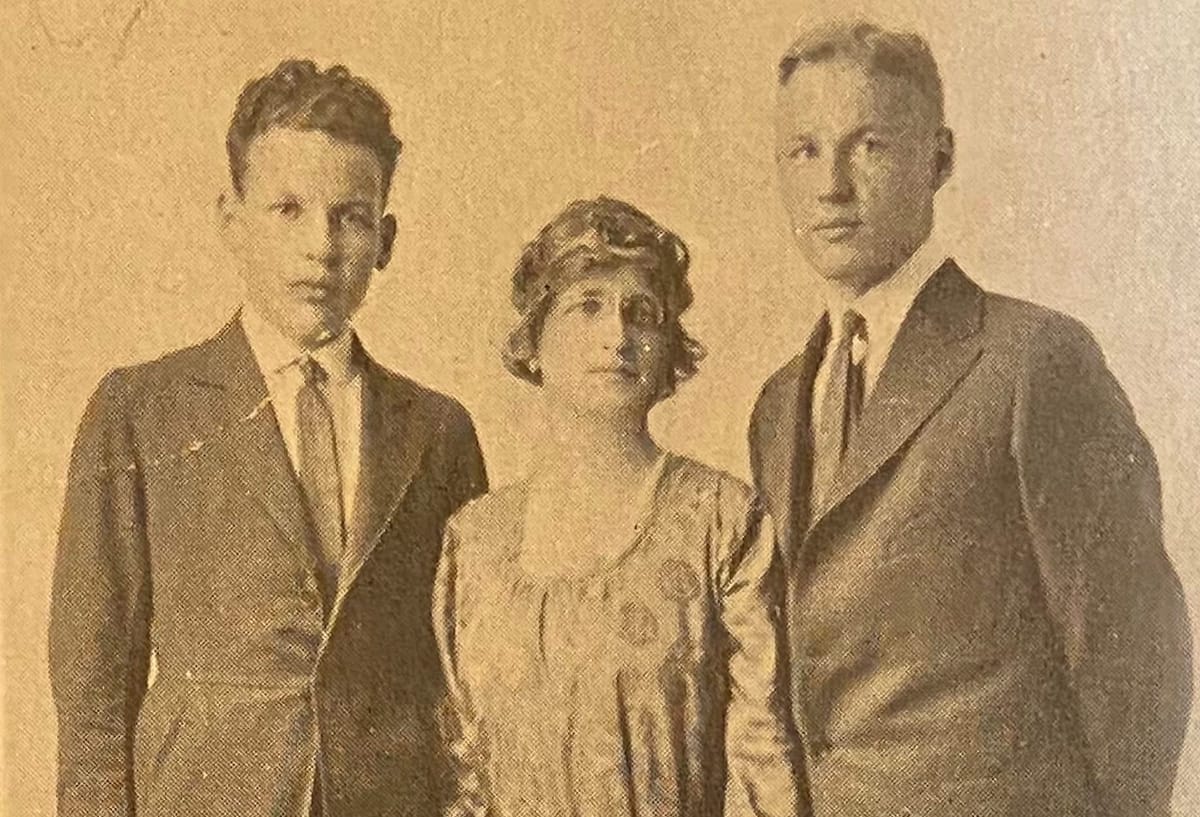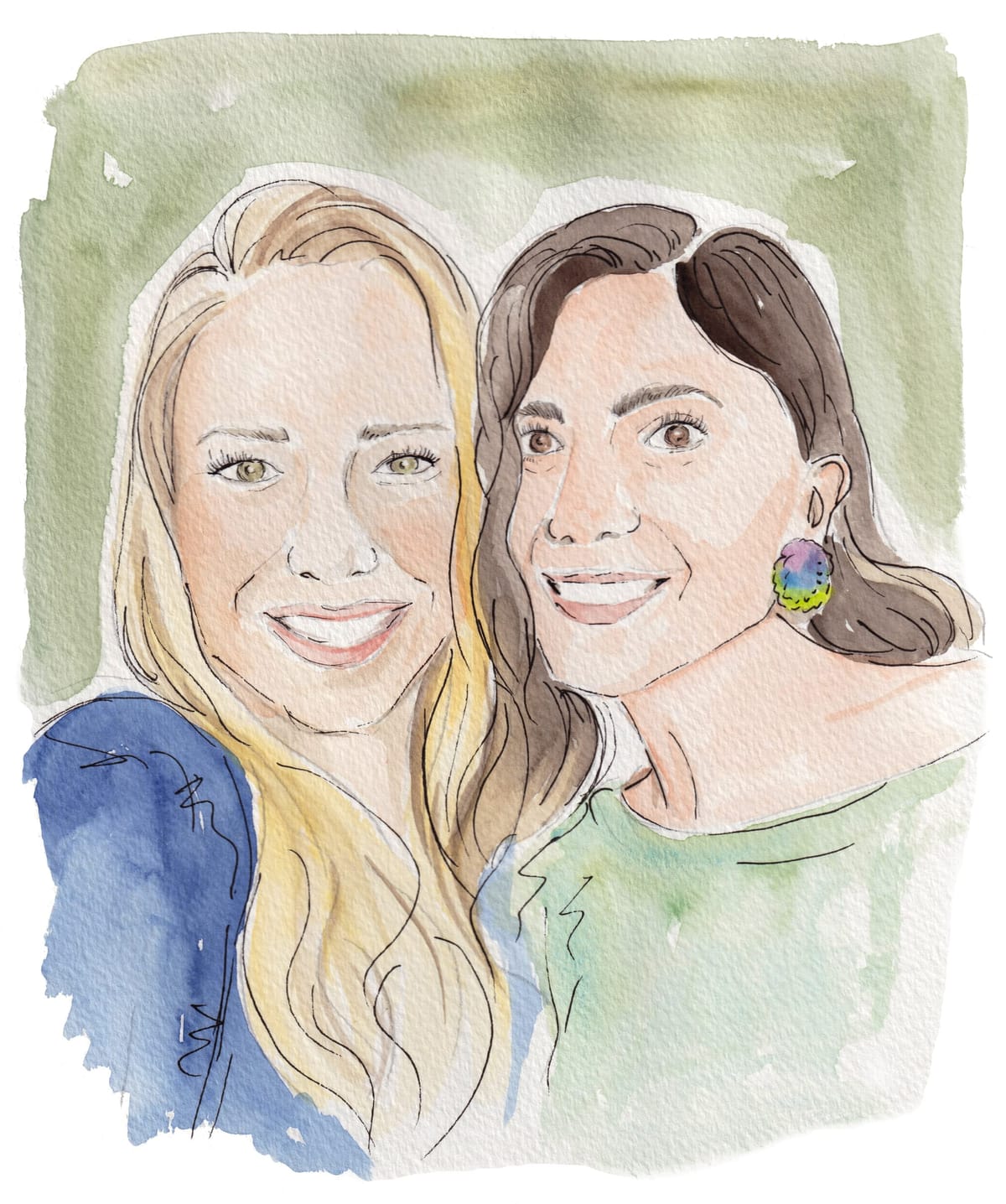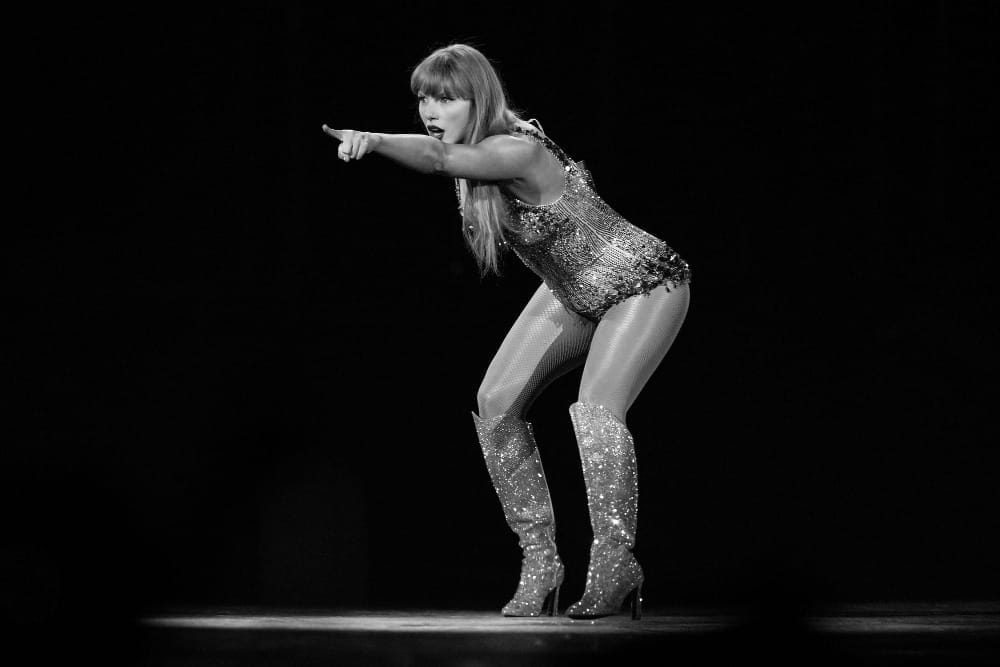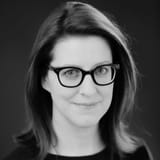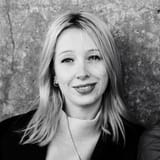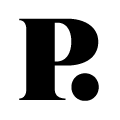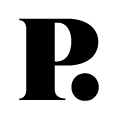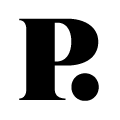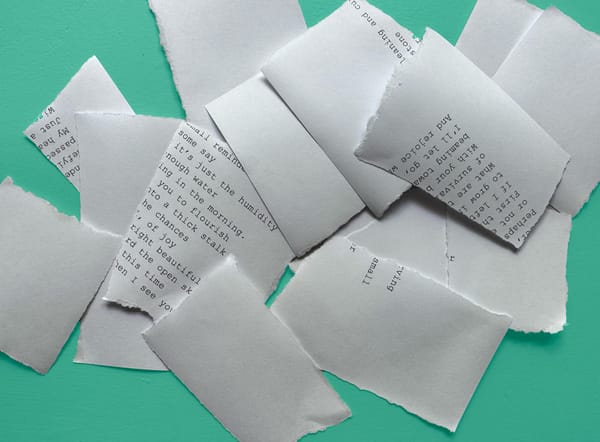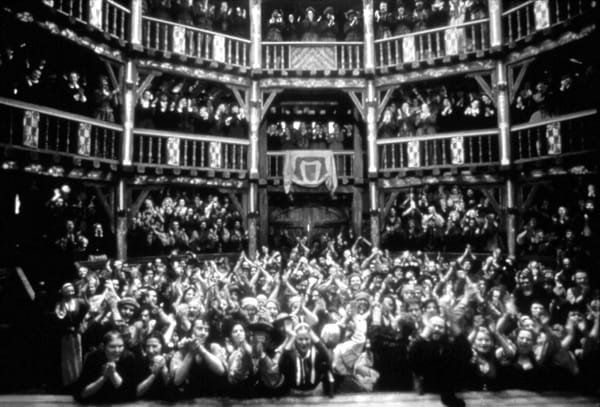Our Year In Books: Escape? Engage? Do Both?
The Persistent's editors round up their favorite reads of the year.
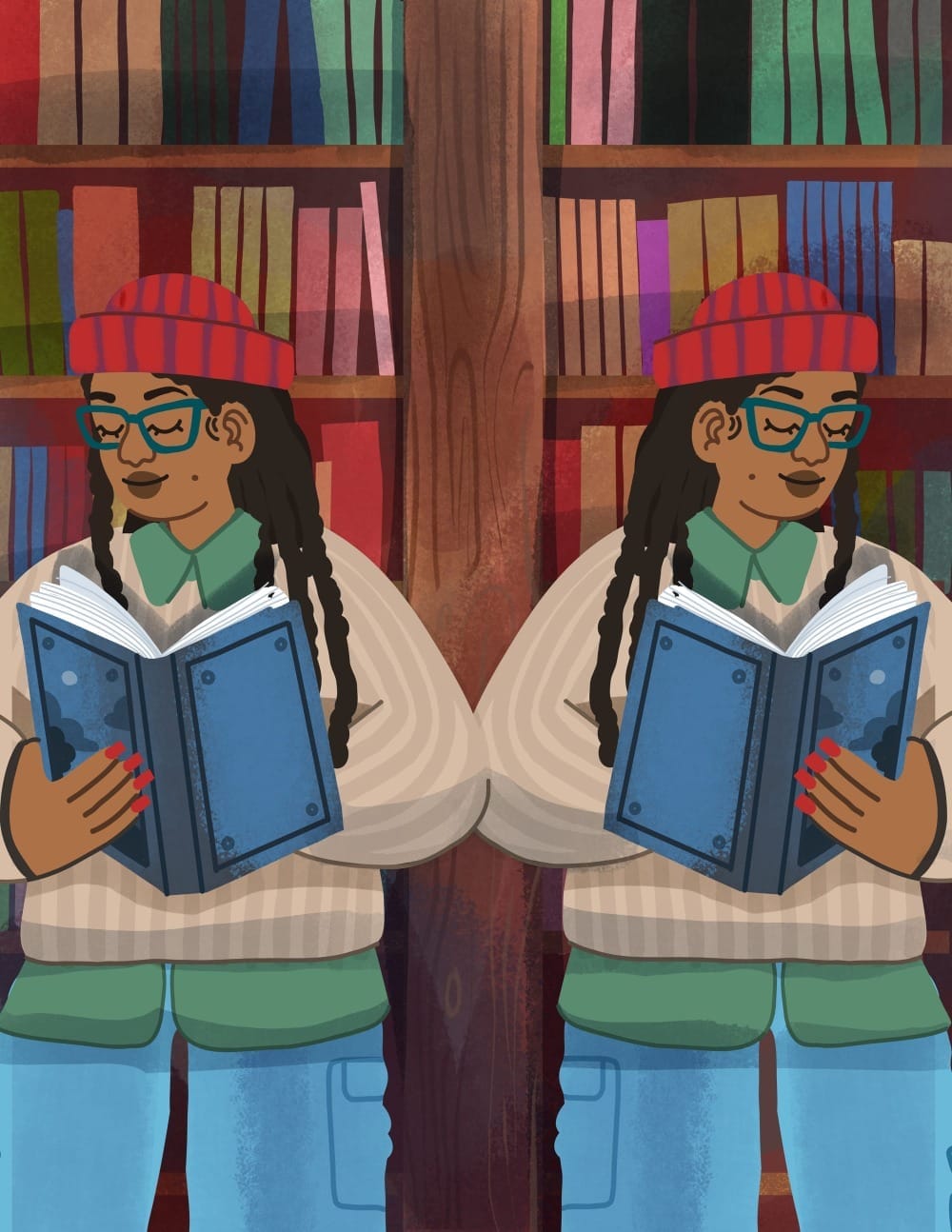
Are we there yet? Yes, almost.
The year 2024 is winding down, and what a tumultuous 12 months it has been. Conflicts have ravaged the globe. Natural disasters have wreaked their havoc. Various women’s rights were reversed. And what a year it was for politics: About 80 countries—home to about four billion people—had national elections.
Here at The Persistent, we wrote about all of this, while also covering topics like sleep, running, cooking, boobs, and yes, Taylor Swift.
No wonder in a news cycle like this, we frequently found ourselves in search of answers. And in those moments, if we didn’t turn to each other, we turned to books.
Books this year have helped us make sense of the world, but they’ve also served as a source of comfort, entertainment, distraction and education. They’ve helped us have difficult conversations, debate constructively and disagree respectfully.
In the spirit of this, today’s newsletter explores the books that helped your persistent Persistent editors, Francesca Donner, Emma Haslett and Josie Cox navigate 2024. Along the way, we seek input from some of our contributors and friends.
We decided the best way to share our picks would be to interview each other. So here it is: A look at what we read this past year. Our conversation has been condensed (because truly we could talk about books for days); and Josie Cox kicks us off…
Josie: Right, let’s get started! Francesca, Emma, I’m so glad to be talking to you about one of my favorite topics of all time. (Did you know that my triple secret life goal is to own a bookshop one day?) In any case, I know that you, like me, are big readers. What are some of the most memorable books you’ve read this year?
Francesca: Memorable, OK, that’s a loaded word. Obviously, we begin with the best of the best: Women Money Power by Josie Cox (hi, Josie!) chronicles women’s economic rise and fall in the U.S. over the past century. (In the end it’s all about power—of course it is.)
I just started reading Normal Women by Philippa Gregory recommended by Emma (hi, Emma!). It’s “900 years” of English history framing the mostly-ordinary lives of completely ordinary women. I am still at the beginning but it's already shaping up to be quite memorable.
Also this year, I read and found myself frequently turning to The Authority Gap by Mary Ann Sieghart. It unpacks how and why women are underestimated, overlooked and talked over all the time. There is also a particularly pertinent section about books which helps explains the gender gaps around women authors and women readers.
Josie: Explain...
Francesca: Well to name one example, looking at the data collected by the Women’s Prize, we know that for the top 20 female authors, readership is 19% male and 81% female. But for the top 20 male authors, readership is 56% male and 44% female. What this suggests is that there’s a whole lot of men who—for whatever reasons—aren’t engaging with works written by women. Sieghart might refer to this as an authority gap.
So to answer the question you didn’t ask, yes, I do make an extra effort to read books by women authors.
Emma, what are you reading?
Emma: I have two young kids who share the preternatural ability to detect, from a different room, the exact moment I open a book, so I haven’t gotten as much reading done this year as usual. I’d say my main reading has been of the Julia Donaldson variety: The Gruffalo, over and over and over…
Francesca: +1 for The Gruffalo.
Emma: However, reading for The Persistent gave me the excuse to hunker down during the working day, while the kids were at school and daycare.
In this respect, I’d say the two most memorable books I read were around the issue of reproductive rights: The first was The Fall of Roe, by Lisa Lerer and Elizabeth Dias, and the second was Abortion: Our Bodies, Their Lies and the Truths We Use to Win, by Jessica Valenti. Both describe the insidious tactics employed by right-wing Christian fundamentalists to roll back reproductive rights in the U.S. As Donald Trump prepares to take office for the second time, they’re both worth a read.
Josie: I totally agree on The Fall of Roe. It’s a brilliant, difficult but necessary book and I’m so thankful to have read it this year. (And glad we covered it, too.)
Francesca: Josie, you’ve been rather quiet, what else did you read in 2024?
Josie: I spent most of 2023 working on my own book—which came out in March 2024. While I was writing it, I barely read any fiction at all. All my reading was basically research. So in 2024, I set myself the challenge of reading as much fiction as I could. I’ve never read much fiction at all, so it wasn’t easy at first but I’ve definitely become a fiction convert.
I loved Lessons in Chemistry by Bonnie Garmus, as well as Bright Young Women by Jessica Knoll and The Seven Husbands of Evelyn Hugo by Taylor Jenkins Reid. I really enjoyed the four books of the Neapolitan Quartet by Elena Ferrante, Anagrams by Lorrie Moore, Yellowface by RF Kuang and, most recently, The Guest by Emma Cline. Oh yes, and of course Clickbait by Holly Baxter (a frequent Persistent writer). A must-read!
Francesca: Wow, that’s quite a list. You and I have some overlap, including Holly Baxter’s Clickbait which definitely falls in the “memorable” category. But the other thing I notice about this list is that it’s all women authors. Was that a choice, Josie?
Josie: It wasn’t an explicit choice but you’re right, I read a lot of books by women. But I also read a lot of books by men, too. In fact, two of my favorite novels I read this year were Trust by Hernan Diaz and Wellness by Nathan Hill. I loved that both authors write some very brilliant female characters: no lazy sexist stereotypes for them! I definitely feel like I’m seeing that more in novels these days: complex, interesting, dynamic female characters who are neither damsels in distress nor two-dimensional villains, as they have so often been in the past.
In non-fiction land, I adored Evan Friss’s The Bookshop—a history of the American bookshop—which is positively brimming with profiles of wonderful, powerful eccentric women. And I was also really moved by Salman Rushdie’s memoir Knife. Not an easy read, and very heavy at times, but surprisingly also quite wry and funny.
Francesca: Emma, did you read mostly books by women?
Emma: Do you know what? I looked back at my 2024 fiction reading and it includes just one man: Richard Osman’s The Last Devil To Die, the fourth book in his series, The Thursday Murder Club. That definitely wasn’t a conscious decision. (But was it subconscious? – your ed, Francesca)
In any case, a special shoutout from me for Gabrielle Zevin’s Tomorrow, and Tomorrow, and Tomorrow, Sarah Winman’s A Year of Marvellous Ways and Jilly Cooper’s Tackle!—the ultimate comfort read.
Francesca: When we started talking about doing a year-end books roundup, Josie, you came up with two clever categories: escape and engage. Care to elaborate?
Josie: Yes! I realized that all of the books I read in 2024 fell into one of two categories: escape or engage. Some books I picked up to help me make sense of what’s going on in the world—The Fall of Roe is a perfect example of that. Others I read to give myself a break from the news cycle. The authors whose work I kept coming back to in the escape category were David Sedaris and, of course, Nora Ephron—the timeless queen of the essay. I also really enjoyed Long Island Compromise by Taffy Brodesser-Akner.
Emma, Francesca, in your reading did you do more escaping or engaging?
Emma: Escape! I have precisely 15 minutes a day to read—after I go to bed and before I fall asleep. At that point, I only have the energy to read something that feels like I’m being given a big hug. When I read I always think of Mrs. Phelps in Roald Dahl’s Matilda: “Allow the words to wash around you, like music.”
Francesca: Escape! Get me the heck out of here! But sometimes the escape actually feels like entrapment. I went deep on Geraldine Brooks this year including Year of Wonders which looks at what happened to the tiny English village of Eyem when it quarantined during the plague of 1666. This definitely brought me some Covid flashbacks. I would hardly describe that as escape.
Josie: Overall, I’d say about two-thirds of the books I read were at least intended to be books to escape and about one-third were designed to engage, but like Francesca, I feel like some of the escaping also forced me to engage a bit.
I read Amanda Montell’s The Age of Magical Overthinking, for example, fully expecting it to help me escape. Boy was I wrong! And even Ottessa Moshfegh’s My Year of Rest and Relaxation—beneath the surreal silliness of some of the scenes—actually got me thinking a lot about some of society’s most vexing problems. I loved When Women Ran Fifth Avenue by Julie Satow and Butts: A Backstory by Heather Radke, but while I certainly escaped while reading those two, they also got me pondering the extent to which deep-rooted sexism in business and culture has persevered for centuries. So yeah, I was sort of tricked into engaging.
When we asked our contributing writers and illustrators about the books they’ve read this year, I was thrilled that Deborah Copaken (who wrote this great piece for us back in October, and whose memoir Ladyparts I also read and loved this year) shared my enthusiasm for Nora Ephron.
Francesca, any other goodies that caught your eye from our contributors and friends?
Francesca: Well, let's see, Deborah Copaken, also recommended Sandwich by Catherine Newman in which, to borrow Deborah’s words, “nothing happens” and “everything happens.” Separately, I must admit that when I saw Sophie Kinsella’s name on Deborah’s list it gave me pause. What, I thought, “Shopaholic?” But of course it’s not that at all. What Does it Feel Like is about a novelist confronting a devastating diagnosis (Kinsella herself received a diagnosis of a cancerous and aggressive brain tumor in 2022).
This makes me think of a memoir I read this year which was agonizingly poignant: Little Earthquakes by the psychologist, Sarah Mandel. She learned she had Stage 4 cancer when she was late in her pregnancy with her second child.
Josie: What caught your eye among what our contributors shared with us, Emma?
Emma: The author Ruchika T. Malhotra told us she loved Homegoing by Yaa Gyasi, which remains one of my all-time favorites. It completely opened my eyes to the scars inflicted by the slave trade when I first read it, all the way back in 2017. Definitely one for a re-read in 2025.
Josie: I couldn’t agree more. I read it when it first came out in 2016 so yes, I’ll be adding it to my 2025 list for a re-read.
On another note, one thing that’s of course been on all of our radars this year, has been book bans. And Francesca, Geraldine Brooks’s Year of Wonders, which you mentioned earlier in this chat was a commonly banned book according to the American Library Association. Can we talk about banned books? What are your thoughts on that, Francesca?
Francesca: My thoughts are simple: I think we should be reading the likes of Geraldine Brooks, Margaret Atwood, George Orwell, Judy Blume, Anne Frank, Harper Lee, Earnest Hemingway, Toni Morrison, Maya Angelou. Should I go on? Reading isn’t always supposed to be comfortable.
Josie: That’s so true. Ok, so we’ve covered a lot. To wrap this up, Francesca and Emma: What’s on your reading list for 2025 and why? I, for one, think that I’ll spend a good amount of my reading time trying to escape…
Francesca: Oh, the list is long. Everyone in my household is fed up with my mountains of books, but here’s what I’ve got on my bedside table right now: Demon Copperhead by Barbara Kingsolver—don’t say it. I know I’m the only one who hasn’t read it. Orbital by Samantha Harvey—since I won’t be going into space any time soon, I may as well read about it. Naomi Klein’s Doppelganger—still on my list after her win last year for the Women’s Prize for Non-Fiction. Oh, and I just started The God of the Woods by Liz Moore and so far it seems to be exactly what I need to be reading right now.
Emma: This year I’ve become obsessed with the way it feels like feminism is in reverse: From the return of Trump, to the increase in violence against women, to the tradwife movement. So my reading list for the next few months will be focused on how women responded another time this happened, in the ‘90s: I’m about a quarter of the way through Naomi Wolf’s The Beauty Myth, and after that it’ll be Susan Faludi’s Backlash (if my kids allow it).
Josie: Right, I think that's a wrap! We hope you’ll write to us at hello@thepersistent.com to let us know what you’ve been reading or what you plan to read and whether it's good for engaging or escaping. We’re all ears!
